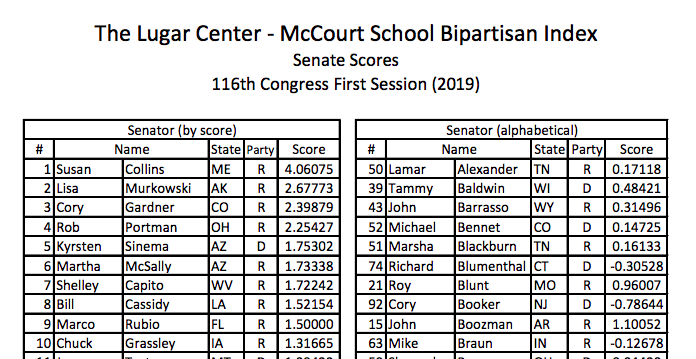Welcome to Byron York’s Daily Memo newsletter.
Was this email forwarded to you? Sign up here to receive the newsletter.
LOCKDOWN UNTIL NOVEMBER 4? Fox Business anchor Maria Bartiromo asked President Trump Thursday whether his political adversaries who want to extend coronavirus lockdowns across the country are politically motivated.
“Do you think your critics want you to keep it closed going into the election?” Bartiromo asked.
“Yeah, I do,” Trump answered. “I think it’s a political thing.”
At another point, Bartiromo asked, “Do you think they would rather see a recession, a terrible economy, joblessness, then have you get another term?”
“They would rather see our country fail…than have me get elected,” Trump said. “I’ve driven them crazy.”
Subscribe today to the Washington Examiner magazine that will keep you up to date with what’s going on in Washington. SUBSCRIBE NOW: Just $1.00 an issue!
TRUMP’S STABLE POLLING: In the latest RealClearPolitics average of national polls, Trump’s job approval is at 45.6 percent. That is higher than it has been most of the time during his presidency, and it is down all of 1.8 points from April 1, when his approval hit an all-time high of 47.4. Given all that has happened in the last six weeks, it’s just more evidence of the remarkable stability of the president’s polling.
IN SENATE, BIPARTISANSHIP IS A ONE-WAY STREET. How many times have high-minded observers mourned the decline of bipartisanship in Washington? Well, a new study by the Lugar Center — founded by former Republican Sen. Richard Lugar, who prided himself on his bipartisan approach to politics — reports something called the “Bipartisan Index.” The report, produced in conjunction with Georgetown University, ranked members of the Senate “based on the frequency with which members work with members of the other party on their bill sponsorships and co-sponsorships.”
So who are the most bipartisan senators? Republicans. Of the top ten most bipartisan senators, nine are Republicans. The top bipartisan senator was Maine’s Susan Collins (R) — winning the title for the seventh consecutive year — followed by Alaska’s Lisa Murkowski (R), Colorado’s Cory Gardner (R), and Ohio’s Rob Portman (R). Then came the lone Democrat in the Bipartisan Top Ten, Arizona’s Kyrsten Sinema. After that: Arizona’s Martha McSally (R), West Virginia’s Shelley Moore Capito (R), Louisiana’s Bill Cassidy (R), Florida’s Marco Rubio (R), and Iowa’s Charles Grassley (R). Republicans also make up seven of the next ten most bipartisan senators.

OK. Who are the least bipartisan senators? Democrats. For the fifth year running, Vermont’s Bernie Sanders (D), has pulled down the least bipartisan title. In all, Democrats make up seven out of the ten least bipartisan — Patty Murray, Mazie Hirono, Kamala Harris, Cory Booker, Jack Reed, and Chris Murphy. The three least bipartisan Republicans are Richard Shelby, Ben Sasse, and Cindy Hyde-Smith.
It’s probably no accident that the least bipartisan ranks are filled with Democratic presidential candidates — Sanders, Harris, Booker.
In the House, things are a bit more balanced, but still, seven of the ten most bipartisan representatives are Republicans. The leader is Pennsylvania’s Bryan Fitzpatrick, followed by New York’s John Katko and Peter King. The difference in the House is that the least bipartisan representatives are also Republicans — nine of the bottom ten. Alabama’s Gary Palmer, Georgia’s Rick Allen, Texas’ Chip Roy, and more. The only Democrat in the bottom ten is Massachusetts’ Ayanna Pressley.
Speaking of The Squad, all four — Pressley, Alexandria Ocasio-Cortez, Ilhan Omar, and Rashida Tlaib — are clustered near the bottom of the bipartisan rankings.
What does it mean? It’s not unusual to hear the most partisan Republicans accuse party officials of being RINOs and squishes. Working with the other team is not what they’re looking for in leaders. Now, look for them to cite the new Lugar Center report as evidence their side doesn’t fight hard enough.
